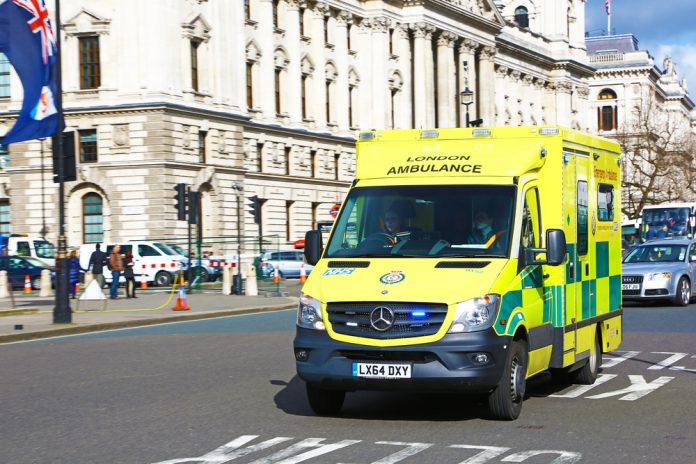2017 has not started off to a positive start for the NHS, where recent data shows that more than 40 percent of hospitals had to declare an alert in the first week of January due to a huge influx of patients and too few beds.
According to the Royal College of Physicians and the Royal College of Nursing, the NHS is facing its worst ever winter crisis and serious levels of overcrowding are putting the health system under huge pressure.
“This month’s figures show a 42 percent annual increase in delays in being able to discharge patients as a result of pressures in social care.” said Matthew Swindells, NHS England’s national director for operations and information.
“Hospitals report this affects their ability to quickly admit emergency A&E patients, so the NHS is working closely with local councils and community health services to enable older patients to get the support they need after a hospital stay, back at home.”
Overall, 95% of hospital beds were full from in the first week of January, four percent more than the week before.
58 of England’s 153 acute hospital trusts triggered an Opel 3 alert, whilst eight went on to the highest form of alert, Opel 4. Both mean hospitals are struggling to cope with the weight of demand.
The 58 hospitals that went on Opel 3 alert did so because they are “experiencing major pressures compromising patient flow” – their ability to get patients in and out quickly enough – and needed to take “urgent actions” to keep functioning.
The bed shortages in early January have been exacerbated by outbreaks of norovirus, forcing hospital managers to close 933 beds that were occupied and another 164 that were empty.
The pressure on the NHS is expected to only get worse with the current spell of freezing temperatures.
“This weather could increase the health risks to vulnerable patients and disrupt the delivery of services,” it said.

